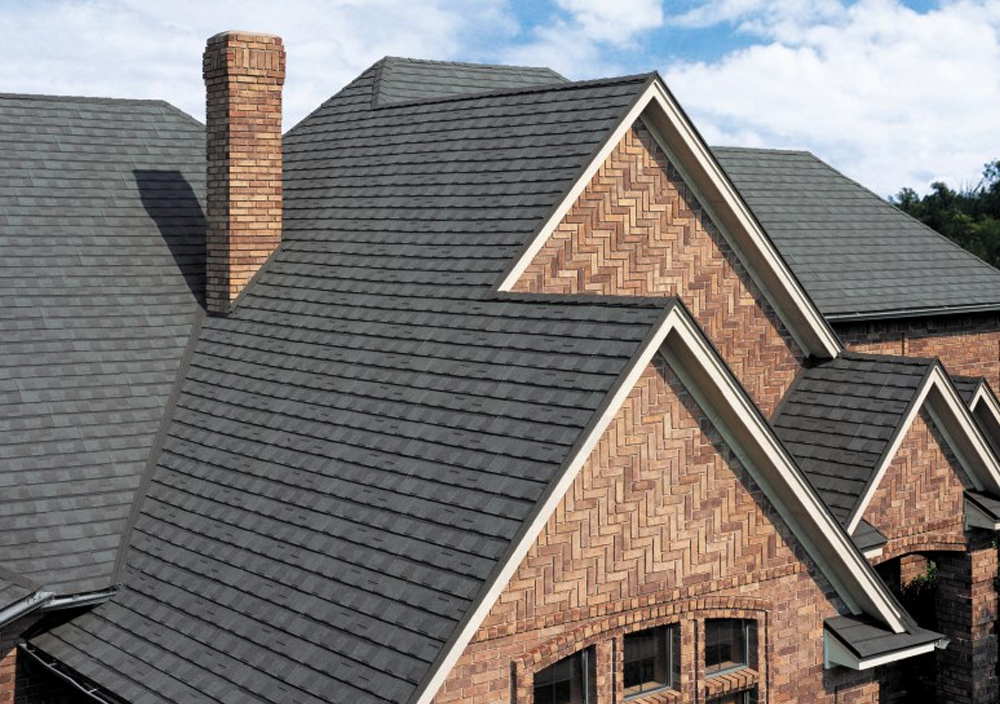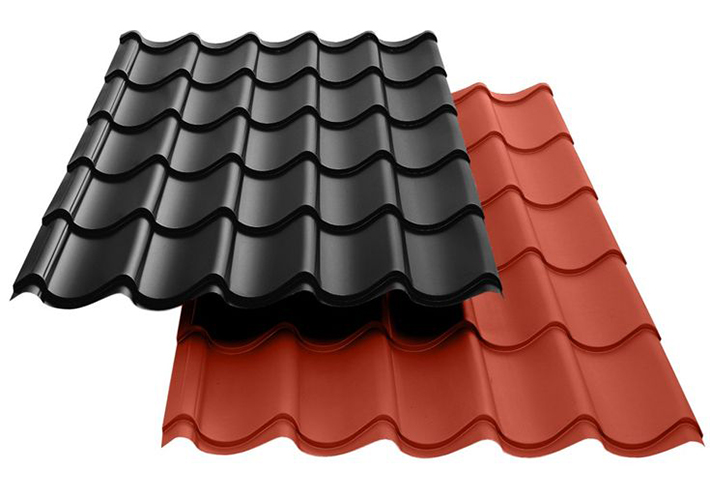
Umbrella roofing nails, also known as umbrella head roofing nails, are a type of nail specifically designed for use in roofing applications. They are characterized by their large, flat, umbrella-shaped heads. The wide head provides increased holding power and helps to secure roofing materials effectively.
Key features of umbrella roofing nails:
- Large Head: The umbrella-shaped head is wider than the shank of the nail, providing better support and preventing roofing materials from tearing through.
- Galvanized or Coated: To enhance durability and resistance to corrosion, these nails are often galvanized or coated with materials like zinc or other corrosion-resistant finishes. This is important for their performance in outdoor and roofing environments where exposure to the elements is common.
- Smooth or Ring Shank: Umbrella roofing nails may have smooth or ringed shanks. Ring shanks offer better holding power as they grip the material more securely.
- Materials: They are typically made from steel or other strong materials to ensure they can withstand the load and stress of roofing materials.
- Length and Gauge: The length and gauge of umbrella roofing nails can vary, and the appropriate size depends on the roofing material and the structure being built or repaired.
These nails are commonly used for attaching roofing felt, shingles, and other roofing materials to a wooden substrate. The umbrella head design helps to distribute the force of the nail over a larger area, reducing the risk of damage to the roofing material.

Umbrella roofing nails offer several advantages, making them a popular choice for securing roofing materials. Here are some of the key advantages:
- Increased Holding Power: The wide, flat umbrella head provides increased holding power. This design helps distribute the load over a larger surface area, preventing roofing materials from tearing through or coming loose in high winds or adverse weather conditions.
- Secure Attachment: The umbrella head design helps to securely fasten roofing materials, such as shingles or roofing felt, to the underlying structure. This is important for the overall stability and durability of the roof.
- Prevents Pull-Through: The large head prevents the nail from pulling through the roofing material, especially when under stress or pressure. This can be crucial in maintaining the integrity of the roof.
- Corrosion Resistance: Many umbrella roofing nails are made from materials like galvanized steel or have a coating that enhances their resistance to corrosion. This is important for outdoor applications, as roofs are exposed to various weather conditions that can lead to rust and degradation over time.
- Versatility: Umbrella roofing nails are suitable for various roofing materials, including asphalt shingles, felt paper, and wood. Their versatility makes them a go-to choice for a wide range of roofing applications.
- Ease of Installation: The nails are relatively easy to install, and their large heads make them visible, aiding in accurate placement during the roofing installation process.
- Reduces Damage to Roofing Materials: The design of umbrella roofing nails minimizes the risk of causing damage to the roofing materials during installation. The wide head spreads the force, reducing the likelihood of tearing or breaking the material.
- Cost-Effective: Compared to some alternative fastening methods, umbrella roofing nails can be a cost-effective solution. Their simplicity and effectiveness make them a practical choice for roofing projects.
When using umbrella roofing nails, it’s important to follow manufacturer recommendations regarding size, spacing, and installation techniques to ensure optimal performance. Additionally, local building codes and regulations should be considered during the roofing installation process.

Importing products, including umbrella roofing nails, into China involves several steps to ensure compliance with local regulations. Here is a general guide on how to import umbrella roofing nails into China:
- Research and Compliance:
- Research Chinese regulations and standards related to importing roofing nails. Familiarize yourself with product standards, labeling requirements, and other relevant regulations.
- Business Registration:
- Establish a legal entity or find a local partner if required. Make sure your business is registered with the appropriate authorities in China.
- Customs Registration:
- Register with the General Administration of Customs in China to obtain an import-export code.
- Product Classification:
- Classify your umbrella roofing nails according to the Harmonized System (HS) codes. This classification helps determine the applicable customs duties and taxes.
- Quality Standards:
- Ensure that your roofing nails meet the required quality standards in China. You may need to obtain product certifications or testing reports to demonstrate compliance.
- Find a Reliable Supplier:
- Source umbrella roofing nails from reputable manufacturers or suppliers. Verify their credentials, product quality, and ability to meet your quantity requirements.
- Negotiate Terms:
- Negotiate terms with the supplier, including price, payment terms, delivery terms, and any other relevant conditions. Consider issues like packaging and labeling according to Chinese regulations.
- Shipping and Logistics:
- Arrange shipping and logistics for your umbrella roofing nails. Decide whether you will use air, sea, or land transportation and work with freight forwarders or logistics companies.
- Customs Clearance:
- Submit the required documentation for customs clearance. This includes the commercial invoice, packing list, bill of lading, and any certificates or permits required.
- Taxes and Duties:
- Pay applicable customs duties and taxes. Be aware of the rates and regulations governing the importation of your specific product.
- Distribution and Sales:
- Plan your distribution strategy and find suitable channels to sell your roofing nails in the Chinese market.
- After-sales Support:
- Provide customer support and address any issues that may arise after the products have been imported.
It is advisable to work with experienced customs brokers or import/export consultants who are familiar with the regulations and procedures in China. Additionally, staying informed about changes in import regulations and trade policies is crucial for a smooth import process.





